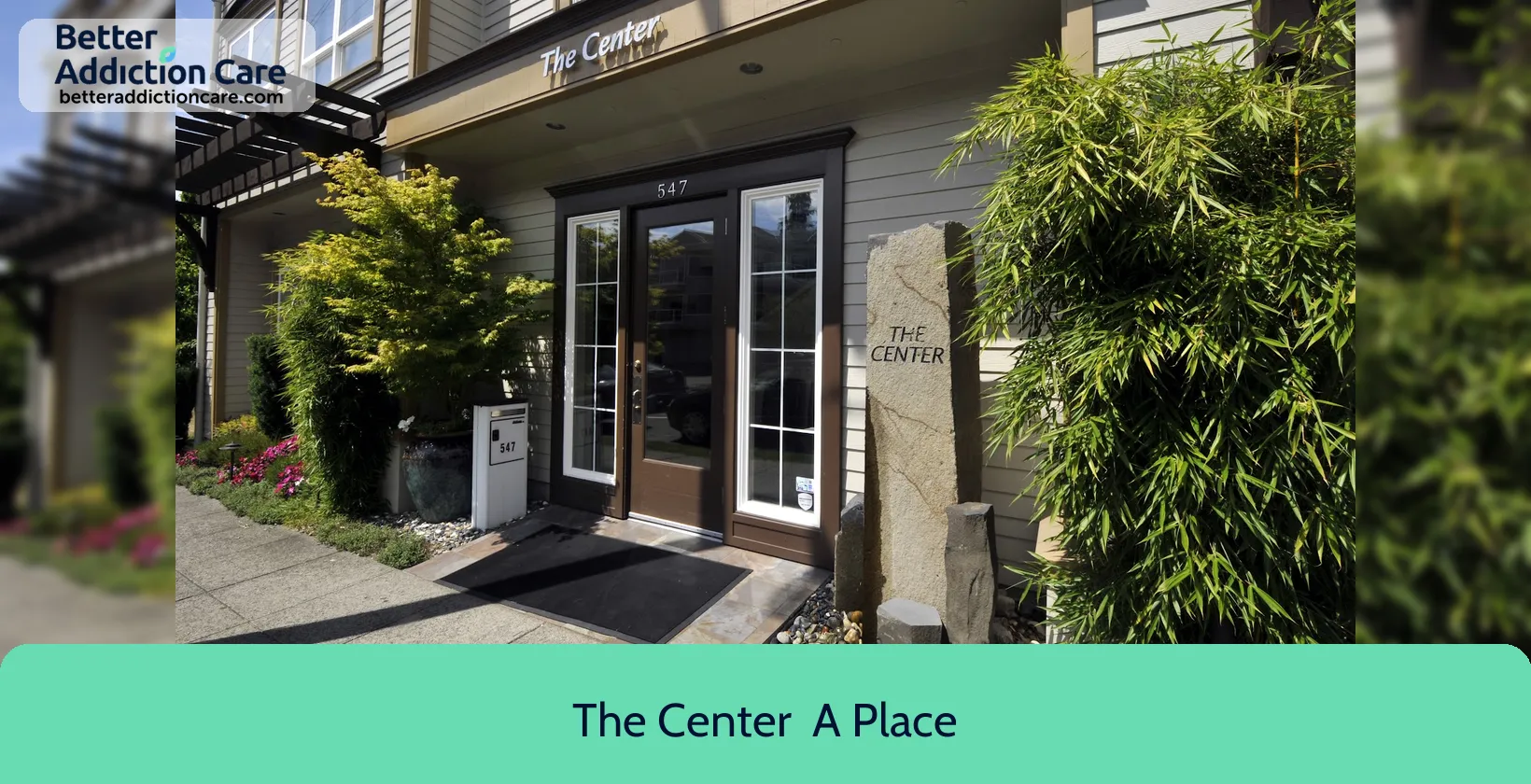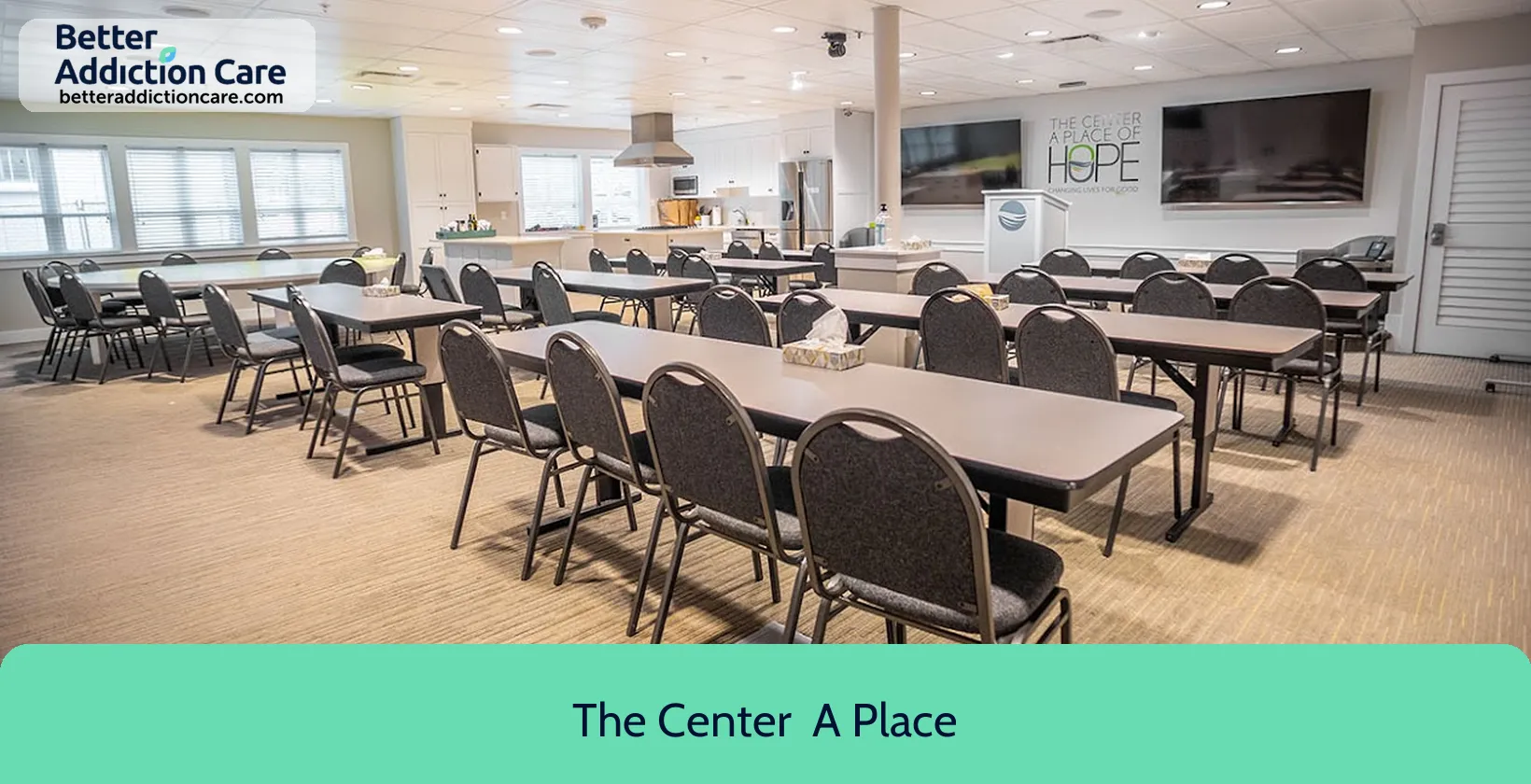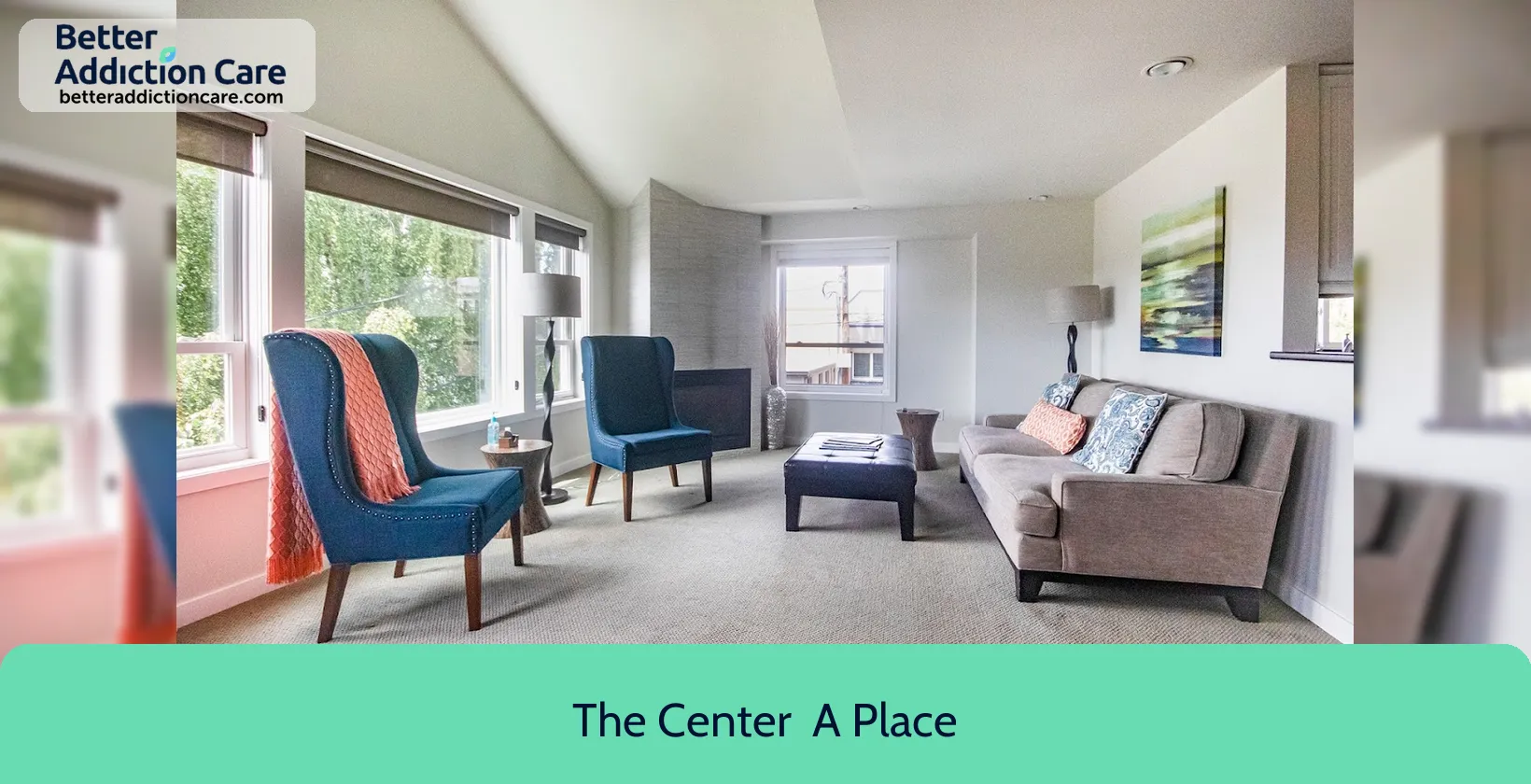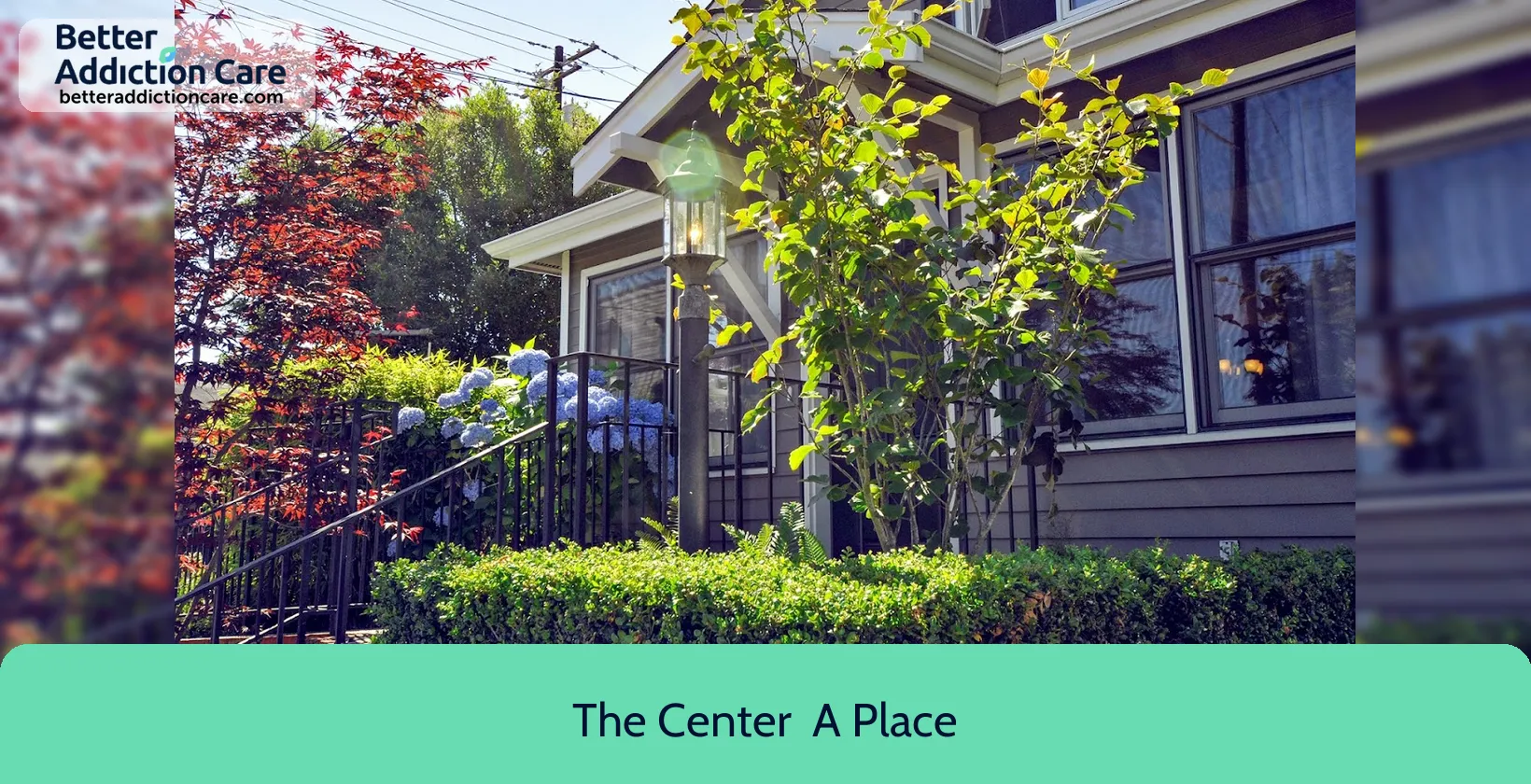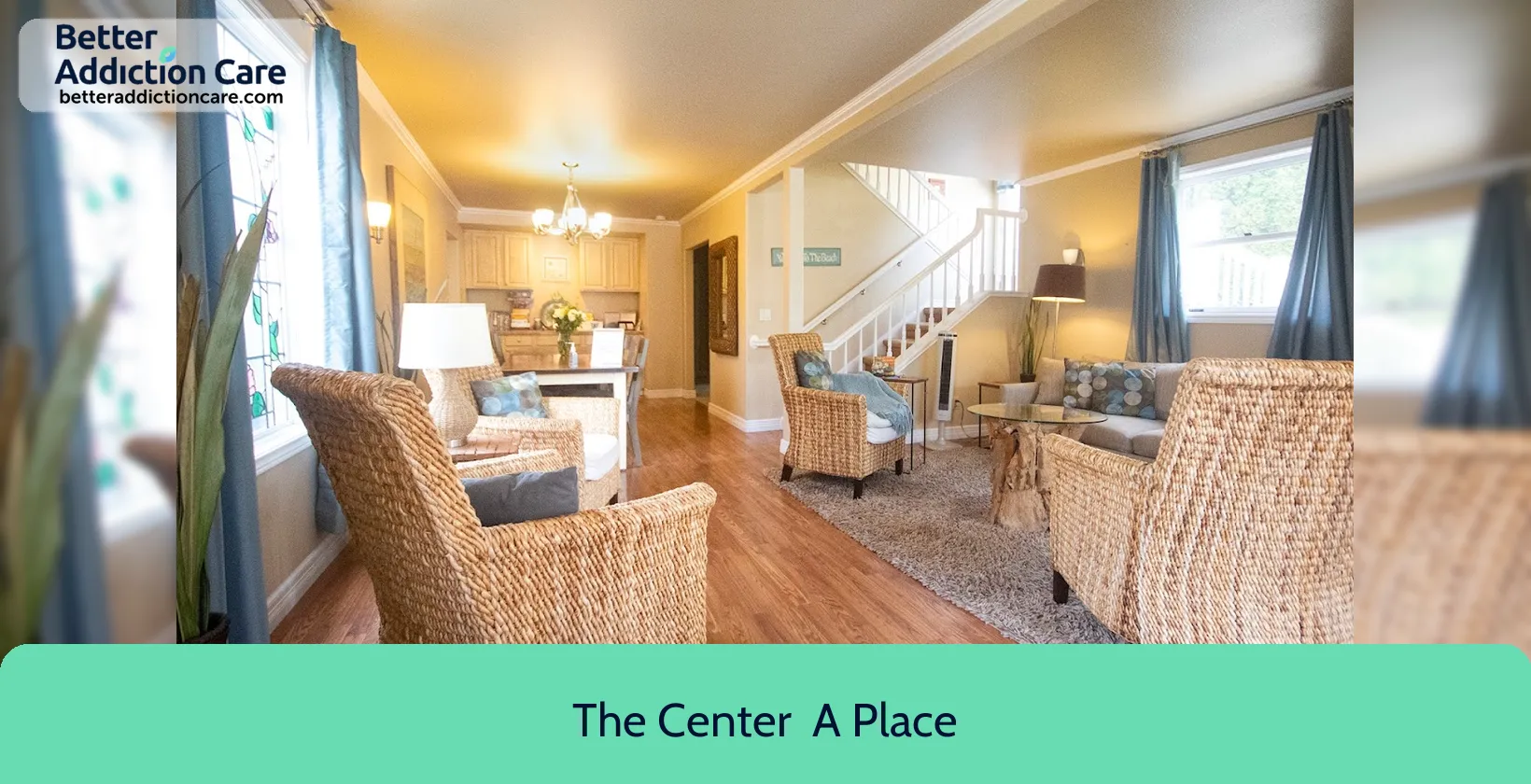The Center - A Place of HOPE
Overview
The Center - A Place of HOPE, located in Edmonds, Washington, provides comprehensive mental health care alongside specialized programs for drug and alcohol addiction. This facility adopts a holistic approach to treatment, addressing the emotional, physical, spiritual, relational, intellectual, nutritional, and emotional aspects of the individual. Additionally, the treatment plans consider the individual's family history, ensuring a thorough and personalized care strategy.
The Center also offers programs for individuals experiencing burnout and a unique high-profile private treatment program designed to maintain privacy while focusing intensely on recovery. This multifaceted approach underscores the commitment of The Center - A Place of HOPE to support each individual in achieving long-term recovery and overall well-being.
The Center - A Place of HOPE at a Glance
Payment Options
- Cash or self-payment
- Private health insurance
- Aetna
- Blue Cross and Blue Shield Association
- Cigna
Assessments
- Screening for tobacco use
- Comprehensive mental health assessment
- Comprehensive substance use assessment
- Screening for mental disorders
- Screening for substance use
Age Groups
- Young adults
- Adults
- Seniors
Ancillary Services
- Diet and exercise counseling
- Family psychoeducation
- Psychosocial rehabilitation services
- Suicide prevention services
- Domestic violence services, including family or partner
Highlights About The Center - A Place of HOPE
7.21/10
With an overall rating of 7.21/10, this facility has following balanced range of services. Alcohol Rehabilitation: 8.00/10, Drug Rehab and Detox: 6.62/10, Insurance and Payments: 6.40/10, Treatment Options: 7.82/10.-
Alcohol Rehabilitation 8.00
-
Treatment Options 7.82
-
Drug Rehab and Detox 6.62
-
Insurance and Payments 6.40
Accreditations
State mental health department:
State mental health department accreditation refers to the process of evaluating and certifying the quality and standards of a state's mental health department, ensuring that it provides high-quality services and meets specific criteria for mental health care. The accreditation process is performed by a third-party organization and helps to improve the overall care and treatment of individuals with mental health conditions.
SAMHSA certification for opioid treatment program (OTP):
SAMHSA's Opioid Treatment Programs (OTP) accreditation is a prestigious recognition that signifies a program's compliance with stringent standards and guidelines established by the Substance Abuse and Mental Health Services Administration (SAMHSA). This accreditation demonstrates an OTP's commitment to providing high-quality, evidence-based care for individuals struggling with opioid use disorder (OUD). It serves as a trusted symbol of accountability and excellence, assuring patients, families, and communities that the OTP offers safe, effective, and comprehensive treatment options for OUD.
State department of health:

Government agencies issue State Licenses, granting rehabilitation organizations permission to operate their businesses legally within specific geographic regions. The licenses needed for legal operation are typically determined by the type of rehabilitation program offered by a facility and its physical location.
Registration: 052300
Treatment At The Center - A Place of HOPE
Treatment Conditions
- Mental health treatment
- Alcoholism
- Substance use treatment
- Co-occurring Disorders
Care Levels
- Partial Hospitalization Program
- Outpatient
- Regular outpatient treatment
- Luxury Treatment
- Aftercare
Treatment Modalities
- Individual psychotherapy
- Cognitive behavioral therapy
- Dialectical behavior therapy
- Integrated Mental and Substance Use Disorder treatment
- Activity therapy
Ancillary Services
Additional Services
- Pharmacotherapies administered during treatment
- Housing services
- Drug or alcohol urine screening
Special Programs
- Clients with co-occurring mental and substance use disorders
- Clients who have experienced trauma
- Persons 18 and older with serious mental illness (SMI)
- Persons with post-traumatic stress disorder (PTSD)
- Persons with eating disorders
Common Questions About The Center - A Place of HOPE
Contact Information
Read our Most Recent Article About Drug Addiction
DISCLAIMER: The facility name, logo and brand are the property and registered trademarks of The Center - A Place of HOPE, and are being used for identification and informational purposes only. Use of these names, logos and brands shall not imply endorsement. BetterAddictionCare.com is not affiliated with or sponsored by The Center - A Place of HOPE.
